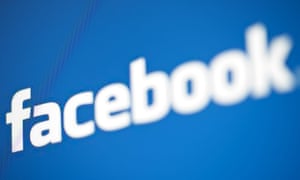Rise in UK web users blocking ads, research finds
Ad blocking is on the rise in the UK, with 18% web users saying they use the software, up from 15% just five months ago. The increase, captured in research by the Internet Advertising Bureau, is equivalent to more than 1.3 million people adopting the technology since June. Though the rise is modest, it suggests dissatisfaction with ads is growing, especially among the young, with 35% of 18- to 24-year-olds saying they blocked ads, compared to just 15% of over 55s.
This highlights the future problems that newspaper companies are going to have when it comes to income for their websites. More and more people are adopting ad blocker as a key essential to Google Chrome which is the most popular browser in the world and ad blocker has over 40 million users that use it right now so it's almost impossible for newspaper companies to make money.
Shocking' inequality levels in Britain must be addressed, says John Major
Former Conservative prime minister Sir John Major has criticised the “shocking” impact of inequality in Britain and said more needed to be done to urgently tackle the gap between the rich and the poor. “Everyone in receipt of benefits is not a scrounger. Of course idlers and scroungers exist – and governments are entirely right to root out the cheats who rip off the taxpayer. But the focus must not be only on those who abuse the system; we need equal concentration on those who are failed by the system.”
The problem that politics have is perpendicular to what the BBC are going through right now. With the majority of people that work for the BBC are from private school and are white. BBC are now being called out for not showing balance when it comes to other racial groups and hiring people that are not private schooled.








